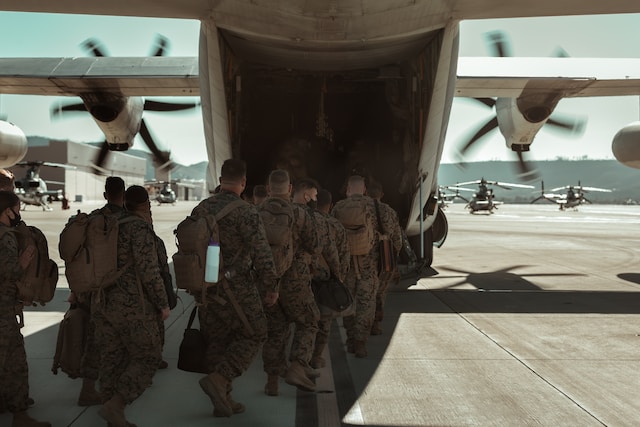In recent developments, the U.S. military has entered discussions about the possibility of establishing a strategic port in the Philippines, an initiative that has captured the attention of international observers and raised concerns due to its proximity to Taiwan. This move comes in the context of evolving geopolitical dynamics in the Asia-Pacific region. In this article, we explore the implications of the U.S. military’s potential port development in the Philippines, particularly its implications for security and regional relations.
The Significance of the Port Development:
The proposed port development holds several strategic implications for the U.S. military. It could serve as a logistical hub for naval operations, providing quicker response times and increased mobility for American forces. Additionally, the port’s proximity to the South China Sea could enhance the U.S.’s capacity to navigate and address regional security challenges, ensuring freedom of navigation and safeguarding its interests.
Security Concerns and Taiwan:
The location of the proposed port is of particular concern due to its proximity to Taiwan, a self-governing democratic island that Beijing considers a part of its territory. As the U.S. has long been a supporter of Taiwan’s autonomy, any military development near the Taiwan Strait could potentially escalate tensions between the U.S. and China. The situation warrants careful consideration, as it could impact regional stability and trigger diplomatic sensitivities.
Bilateral Relations and Diplomacy:
The discussions surrounding the port development also shed light on the evolving dynamics between the Philippines and the United States. Historically, the Philippines has been a key U.S. ally in the region, and closer military cooperation through initiatives like the port development could strengthen this alliance. However, the Philippines also maintains its own diplomatic and economic relationships with China, requiring a delicate balance in its foreign policy decisions.
Navigating Diplomatic Waters:
As talks progress, it is crucial for all stakeholders involved to navigate these diplomatic waters with caution. Balancing the strategic interests of the United States, the Philippines, and regional stability requires thoughtful dialogue and transparent communication. Addressing the security concerns of neighboring nations, particularly China, will be paramount to prevent potential misunderstandings and escalation.
Conclusion:
The U.S. military’s discussions regarding the development of a port in the Philippines facing Taiwan have opened up a complex web of considerations, ranging from security concerns to evolving bilateral relations. As regional dynamics continue to shift, it is imperative that all parties involved approach this potential development with a deep understanding of its implications and a commitment to maintaining stability in the Asia-Pacific region.
In this intricate geopolitical landscape, diplomacy, transparency, and cooperation will play pivotal roles in shaping the outcome of this initiative and the broader regional security architecture. The world will be watching closely as discussions unfold and decisions are made, with the hope that the outcome will contribute positively to peace and stability in the region.












